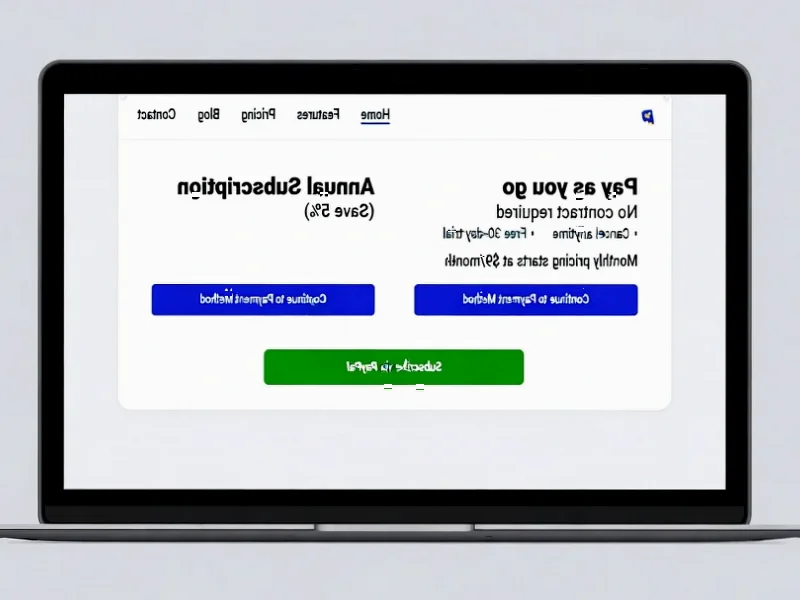According to Fast Company, SoundCloud is launching revamped subscription tiers called Artist and Artist Pro that represent a fundamental shift in streaming economics. The platform, which hosts 100 million licensed tracks alongside 300 million creator-uploaded tracks, will now pass 100% of earnings from streams to artists rather than taking its previous 20% cut. This change accompanies new distribution capabilities that allow artists to distribute their SoundCloud music to other streaming services through the platform. The strategy aims to help musicians use streaming as a “foot in the door” to drive album sales and merchandise revenue amid growing challenges in making a living from music.
The Streaming Economics Tipping Point
SoundCloud’s elimination of its 20% royalty cut represents one of the most significant shifts in streaming economics since Spotify’s direct licensing deals began over a decade ago. While major platforms typically pay artists between $0.003 and $0.005 per stream, the actual percentage that reaches creators has been obscured by complex label deals and platform fees. SoundCloud’s transparent 100% pass-through creates immediate pressure on competitors to justify their own revenue splits. This comes at a crucial moment when industry reports show streaming now accounts for 67% of global recorded music revenue, yet many artists struggle to earn sustainable incomes from these platforms.
Shaking Up the Competitive Landscape
The move positions SoundCloud uniquely against streaming giants like Spotify and Apple Music. While those platforms focus on scale and discovery, SoundCloud is betting that creator-friendly economics will attract and retain talent. This creates a fascinating market dynamic where SoundCloud could become the preferred platform for emerging artists who need every dollar of their early streaming revenue. Established artists with major label deals may see less immediate benefit, but the psychological impact of a platform taking zero percent could influence broader industry negotiations. The distribution feature also cleverly positions SoundCloud as a hub rather than just another destination, potentially increasing its strategic value in artists’ workflows.
Broader Creator Economy Implications
This development extends beyond music into the wider creator economy, where platform revenue splits have become increasingly contentious. YouTube’s partner program, Substack’s fee structure, and various platform cuts have all faced creator scrutiny. SoundCloud’s move establishes a new benchmark that could ripple across digital content creation. As analysis shows, the creator economy is projected to reach nearly half a trillion dollars by 2027, making platform economics a central battleground. If SoundCloud’s approach gains traction, we could see similar moves from platforms competing for top creator talent across multiple content categories.
The Sustainability Question
The critical question remains whether this model is sustainable for SoundCloud itself. The company has faced financial challenges in the past, including significant layoffs and restructuring. Eliminating 20% of streaming revenue represents a substantial sacrifice that must be offset elsewhere—likely through subscription fees for the Artist and Artist Pro tiers. This creates a fascinating test case for whether creators will pay upfront for better backend economics. The success of this model depends on whether artists value the 100% royalty enough to migrate their workflows and potentially pay subscription fees that they might avoid on other platforms.
Long-term Industry Impact
If successful, SoundCloud’s approach could force a broader industry reckoning about value distribution in the digital music ecosystem. Major labels, who control the catalogs that drive streaming volume, may face pressure to renegotiate their own deals with artists. Independent artists and labels could gain significant leverage in platform choice. The move also highlights the growing segmentation in streaming services, with platforms increasingly differentiating through creator tools and economics rather than just consumer experience. As the recording industry continues its streaming-dominated evolution, SoundCloud’s gamble could mark a pivotal moment in how platforms balance investor returns with creator support.




